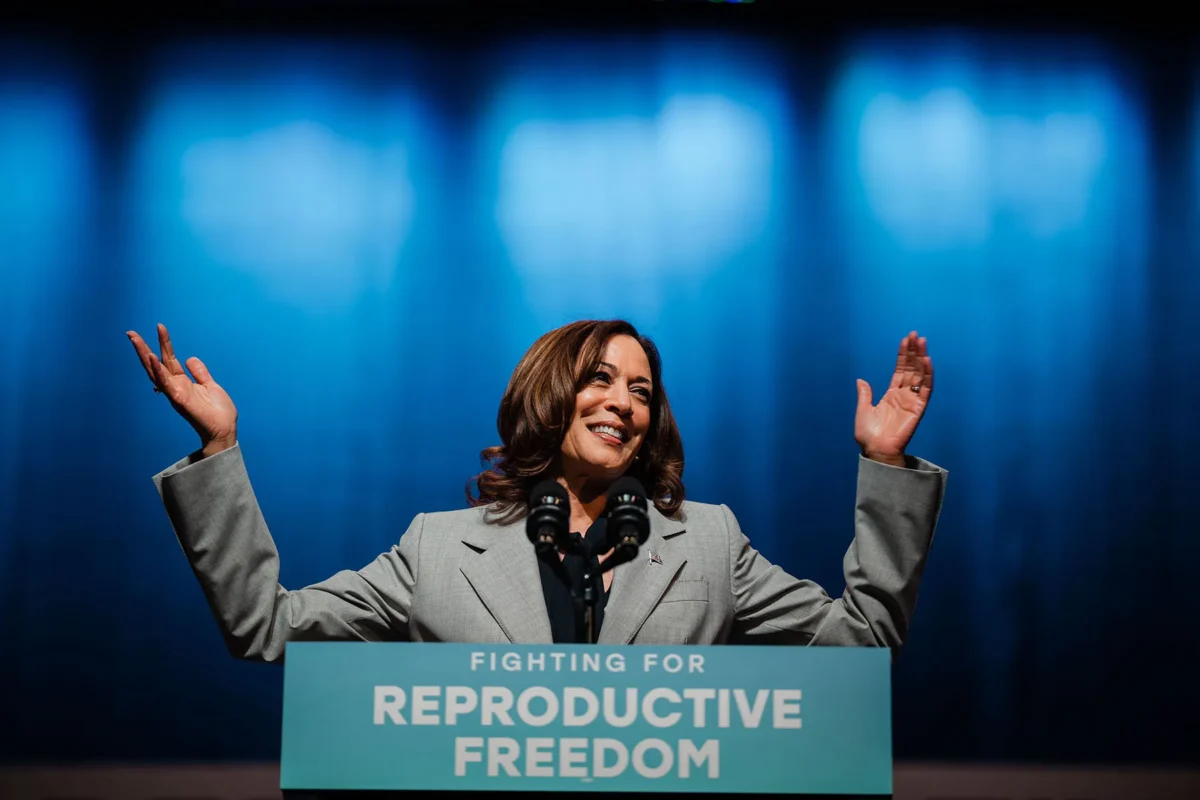I was at my doctor’s office when the subject of my work as a freelance writer came up — which
led to my mentioning Save the Storks. My doctor was enthusiastic, excited to hear that I
contributed to a pro-life nonprofit. I was excited too, to learn that my doctor was pro-life. Until
she said something that confused me.
“You know, it’s possible to be both pro-life and pro-choice.”
“Oh really?” I replied, surprised.
She went on to explain that she thinks abortion is wrong, and she personally affirms her Catholic
faith’s teaching that it is sinful. But as a medical professional, she sees young girls in dire
situations with no good options. While she personally would call abortion morally wrong,
professionally and politically, she feels that it ought to be permissible. So for her, abortion is
morally wrong (hence the claim to be pro-life) but it is politically permissible (hence the claim to
be pro-choice).
What she articulated is a relatively common perspective. Many people identify as “on the fence”
about the abortion issue, suggesting that they are confllicted. Many claim like my doctor that
they plant their flag on this middle-position of sorts — that of being morally pro-life but
politically pro-choice.
Unfortunately, this viewpoint is confused and doesn’t hold water.
Why it doesn’t work
There are circumstances in which making the claim that something is morally reprehensible but
politically permissible is entirely valid. Most people would agree that lying, for instance, is
morally wrong. But most people would also agree that for the government to forbid lying would
be a gross overreach of power. That’s just not a part of our life that government gets a say in.
It may be tempting to think that the same principle applies to abortion. After all, it’s my body —
can the government really tell me what I can and can’t do with my body?
But this either fails to understand the basic elements of what is happening with abortion and what
would make it morally wrong in the first place, or it fails to understand the purpose of
government.
Most pro-life people ground their judgement that abortion is immoral in the conviction that it is
the taking of an innocent life. You could try to ground it in something else — but as the first
reason is already so hard to argue with, this is where most people land. If you believe that the unborn baby is alive (scientifically indisputable) you have to get pretty creative to come up with
a way to explain abortion as anything other than the taking of an innocent human life. But so far
my doctor and I are on the same page — abortion is morally wrong. Why can’t she still claim that
it’s not the government’s business?
If you think that it’s wrong to have an abortion because it kills an innocent human being, but you
still believe that abortion should be legal, you are saying that you believe it should sometimes be
legal to kill an innocent human being. This undermines the most basic function of government,
which is to promote the common good of its citizens. Our country in particular recognizes the
right to life as one of the most basic human rights. If we fail to insist that our government value
and protect basic human rights, we will quickly cease to be a functioning civic body at all.
To take it a step further — let’s follow the logic of this killing allowance. Why would the
government permit the killing of innocent babies? Because they are an extreme burden on the
mother. (And we do not dispute that the burden can indeed be extreme!) But who else might be
deemed an extreme enough burden on their families or on society to make their un-consenting
and intentional death permissible? This kind of reasoning should strike us as extremely
frightening.
While we can and should debate the limits of government and protect the personal rights of
private citizens, there are no circumstances — not the involvement of a woman’s body, not the
potential violation of privacy of the individuals involved — that can be played as a trump card
over the right to life.
So what does it really mean to be on the fence about abortion?
I feel for my doctor. I believe that her moral wrestling is legitimate. But that’s what it is — moral
wrestling. Unless she is willing to grant either that abortion is not the taking of an innocent life
(which is the reason that she called it morally wrong) or else deny that the government has a duty
to protect the right to life for all its citizens, then it is not a valid position to hold.
It is important that we understand this because the stakes are so high. Now is not the time for
pacifying our consciences with false ideas of civic justice. Now is the time for all voices to be
raised on behalf of the oppressed. Now is the time for action.
Either we believe that abortion is the taking of an innocent human life, and therefore it is wrong
and should be illegal, or we can attempt to convince ourselves that it is not the taking of an
innocent human life. In the latter case there is nothing to be condemned as morally wrong or
remotely undesirable, and we have no reason to wish to limit abortion’s reach. But let us
understand that these are our only two options. There is no middle ground.













